Introduction
Finding the Best Billing Software for Small Business is essential for managing invoicing, payments, and customer interactions effectively. In today’s competitive landscape, the right billing software not only ensures accurate billing but also integrates seamlessly with accounting, CRM for small business , and financial management tools. This article provides a comprehensive review of the top 10 billing software solutions for small businesses, detailing their features, pricing, pros, and cons. Whether you’re exploring financial management tools for small business, looking for the best small business accounting software, or seeking to understand The Importance of Having an ERP for Your Small Business, this guide will help you make an informed decision.
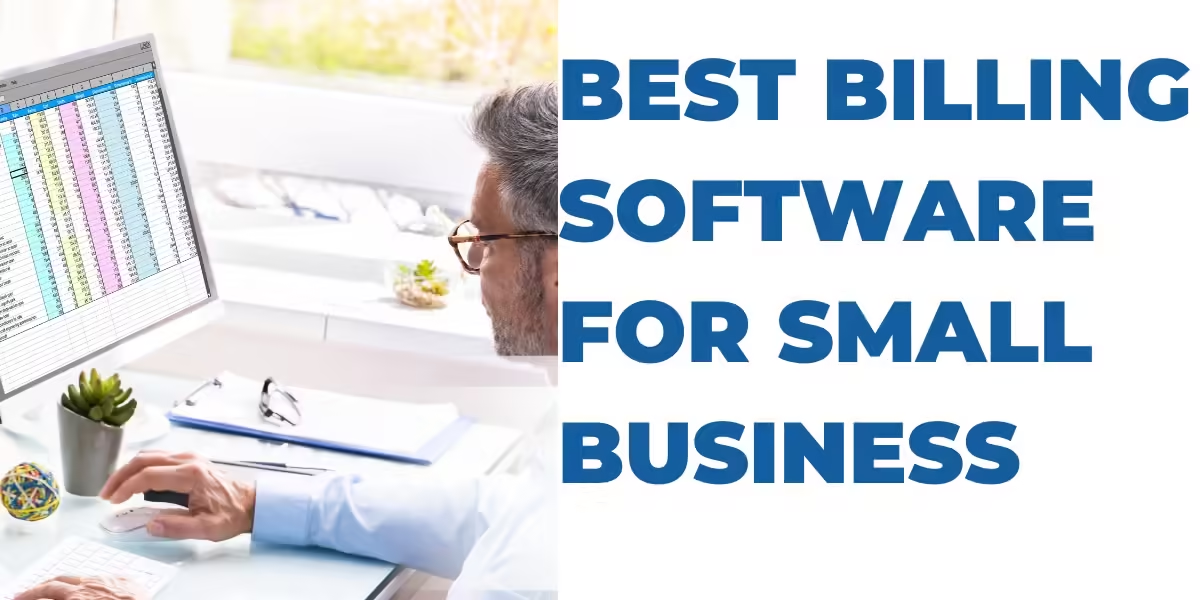
Customizable Open-Source Billing Software for Small Business: The Benefits of Hiring a Fiverr Expert
Open-source billing software options like InvoicePlane, Dolibarr, and PostBooks offer customizable solutions for small businesses. These tools can be tailored to fit specific business needs and hosted either on a local server or cloud hosting, providing flexibility and control. Customizing open-source software can be complex, so hiring a Fiverr expert is crucial for setting up and optimizing these solutions efficiently. For more tips on finding the right professional, check out our article, How to Find the Right Fiverr Expert.
1. FreshBooks

FreshBooks is a popular billing and invoicing software designed for freelancers, small businesses, and service-based industries. It offers cloud-based invoicing, expense tracking, and time tracking.
Key Features:
- Customizable invoices
- Automatic payment reminders
- Expense tracking and reporting
- Time tracking for projects
- Integration with accounting software
Pricing: Starts at $15 per month (Lite plan)
Pros:
- User-friendly interface
- Excellent customer support
- Ideal for freelancers and small businesses
Cons:
- Limited features in the lower-tier plans
- Not ideal for larger businesses
2. Zoho Invoice
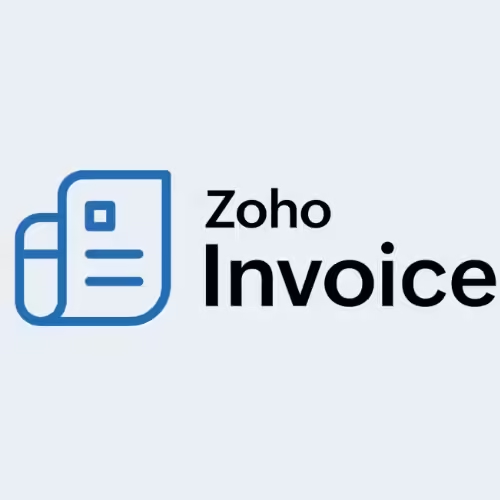
Zoho Invoice offers a free and intuitive invoicing solution with robust billing features. It is part of the Zoho ecosystem, making it an excellent choice for businesses already using Zoho products.
Key Features:
- Customizable invoice templates
- Multi-currency support
- Automated reminders
- Time tracking and expense management
- Integration with other Zoho apps
Pricing: Free for small businesses
Pros:
- Free for small businesses
- Easy integration with Zoho CRM and other tools
- Great for growing businesses
Cons:
- Limited integration outside the Zoho ecosystem
- Not ideal for larger enterprises
3. Square Invoices

Square Invoices, part of the Square payment ecosystem, is ideal for small businesses looking for a streamlined way to send invoices and accept payments online.
Key Features:
- Customizable invoices
- Automated reminders
- Integration with Square payment processing
- Mobile app for invoicing on the go
- Real-time invoice tracking
Pricing: Free to use (processing fee of 2.9% + 30¢ per transaction)
Pros:
- Easy to use for businesses already using Square
- Mobile-friendly interface
- Automated payment reminders
Cons:
- Limited features compared to other software
- Processing fees may add up for larger businesses
4. QuickBooks Online
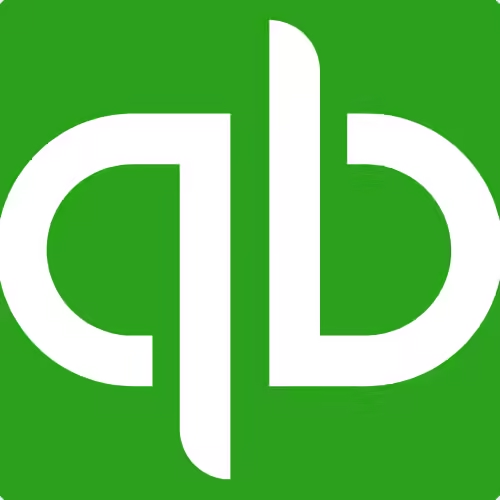
QuickBooks Online offers a complete accounting and invoicing solution for small and medium-sized businesses. It allows for invoicing, payroll, and bookkeeping all in one platform.
Key Features:
- Customizable invoices and billing
- Automatic payment scheduling
- Expense tracking and tax filing
- Financial reporting and payroll management
- Integration with over 700 business apps
Pricing: Starts at $25 per month
Pros:
- Comprehensive accounting and invoicing tool
- Excellent integration options
- Ideal for small to medium-sized businesses
Cons:
- Can be expensive for very small businesses
- Learning curve for beginners
5. Invoice2Go

Invoice2Go is a user-friendly invoicing software that allows small businesses to create professional invoices and estimates, track payments, and manage expenses.
Key Features:
- Customizable invoice templates
- Multi-currency support
- Mobile app for invoicing on the go
- Real-time payment tracking
Pricing: Starts at $5.99 per month (Standard plan)
Pros:
- Very affordable for small businesses
- Simple, easy-to-use interface
- Great for freelancers and consultants
Cons:
- Limited features in basic plans
- Lacks some advanced accounting tools
6. Xero
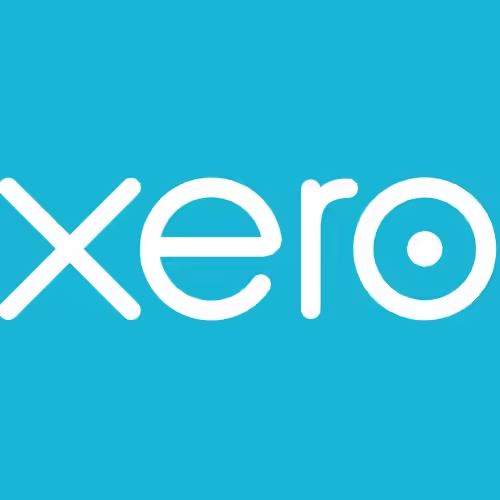
Xero offers a full suite of accounting and invoicing tools designed for small businesses, making it one of the best all-in-one solutions available.
Key Features:
- Customizable invoices and reminders
- Real-time financial tracking
- Integration with over 800 apps
- Bank reconciliation and reporting
- Payroll management
Pricing: Starts at $13 per month
Pros:
- Comprehensive financial management tools
- Easy-to-use invoicing features
- Great integrations with third-party apps
Cons:
- Pricing can increase with added features
- Limited customer support
7. Bill.com
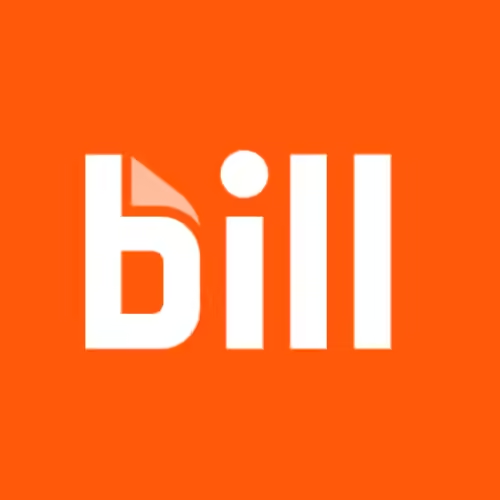
Bill.com automates the accounts payable and receivable process for small businesses, making it easier to track payments, send invoices, and reconcile accounts.
Key Features:
- Automated invoicing and payments
- Real-time tracking of payments
- Integration with accounting tools like QuickBooks
- Cloud-based platform for easy access
Pricing: Starts at $39 per user, per month
Pros:
- Excellent automation features
- Reduces time spent on payment processing
- Strong integration with accounting software
Cons:
- Higher pricing for small businesses
- Not ideal for very small companies or freelancers
8. Wave

Wave offers free accounting and invoicing software, making it an ideal choice for small businesses and startups on a budget.
Key Features:
- Free invoicing and billing tools
- Automated reminders
- Income and expense tracking
- Integration with accounting features
Pricing: Free (payment processing fees apply)
Pros:
- Completely free for small businesses
- No hidden fees for basic features
- Simple and easy to use
Cons:
- Limited features compared to paid tools
- Customer support is not as robust as paid options
9. PayPal Invoicing
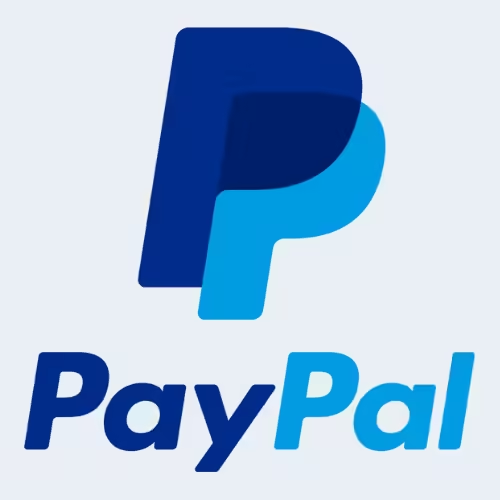
PayPal Invoicing is designed for small businesses that rely heavily on PayPal for payments. It offers easy-to-use invoicing features, integrated directly into the PayPal platform.
Key Features:
- Send professional invoices through PayPal
- Multi-currency support
- Automated payment reminders
- Integration with PayPal’s payment system
Pricing: Free (payment processing fee of 2.9% + 30¢ per transaction)
Pros:
- Great for businesses already using PayPal
- Easy setup and invoicing
- Secure payment processing
Cons:
- Limited invoicing features
- PayPal fees can add up quickly
10. HoneyBook

HoneyBook is designed for creative businesses and freelancers, offering project management, invoicing, and client communication features in one platform.
Key Features:
- Customizable invoices
- Client communication and project tracking
- Proposal and contract templates
- Integration with accounting and payment tools
Pricing: Starts at $9 per month
Pros:
- All-in-one platform for invoicing and project management
- Great for freelancers and creatives
- Easy to set up and use
Cons:
- Limited features for larger businesses
- Pricing may increase as your business grows
Common Questions About Billing Software for Small Business
1. What is the best billing software for small businesses?
- FreshBooks, QuickBooks Online, and Zoho Invoice are some of the best billing software options for small businesses, offering a range of features like invoicing, expense tracking, and time tracking.
2. How do I choose billing software for my small business?
- Consider factors such as pricing, integration with existing tools, ease of use, and whether the software meets your specific invoicing and billing needs.
3. Is there free billing software for small businesses?
- Yes, options like Wave and Zoho Invoice offer free billing tools, though they may have limitations compared to paid software.
4. Can billing software integrate with accounting tools?
- Many billing software options, like QuickBooks Online and Xero, integrate seamlessly with accounting tools, streamlining your financial management processes.
5. What is the difference between billing software and invoicing software?
- Billing software typically includes more comprehensive features such as payment tracking and reporting, while invoicing software focuses mainly on sending and managing invoices.
6. How much does billing software for small businesses cost?
- Pricing varies, with options like Wave offering free tools, while others like QuickBooks Online and Bill.com may charge a monthly fee based on features.
7. Can billing software handle recurring payments?
- Yes, many billing software options, including FreshBooks and QuickBooks, offer features to automate recurring payments for subscriptions or regular services.
8. Is cloud-based billing software safe for my business?
- Yes, reputable billing software like Zoho Invoice and QuickBooks Online offer secure cloud-based services with encryption to protect your data.
9. Can I use billing software on my mobile device?
- Most modern billing software, such as Invoice2Go and Square Invoices, offer mobile apps, making it easy to manage billing on the go.
10. How do billing software and accounting software differ?
- Billing software focuses on invoicing and payments, while accounting software offers broader financial management tools, including bookkeeping, payroll, and tax filing.
Conclusion
Selecting the Best Billing Software for Small Business is critical for managing payments, invoicing, and cash flow. Whether you’re exploring best small business accounting software, or financial management tools for small business, or seeking insights on The Best Document Management Systems, choosing the right billing software can streamline operations and improve efficiency. Each tool has its pros and cons, so understanding the features, pricing, and integration options will help you find the perfect solution for your business.
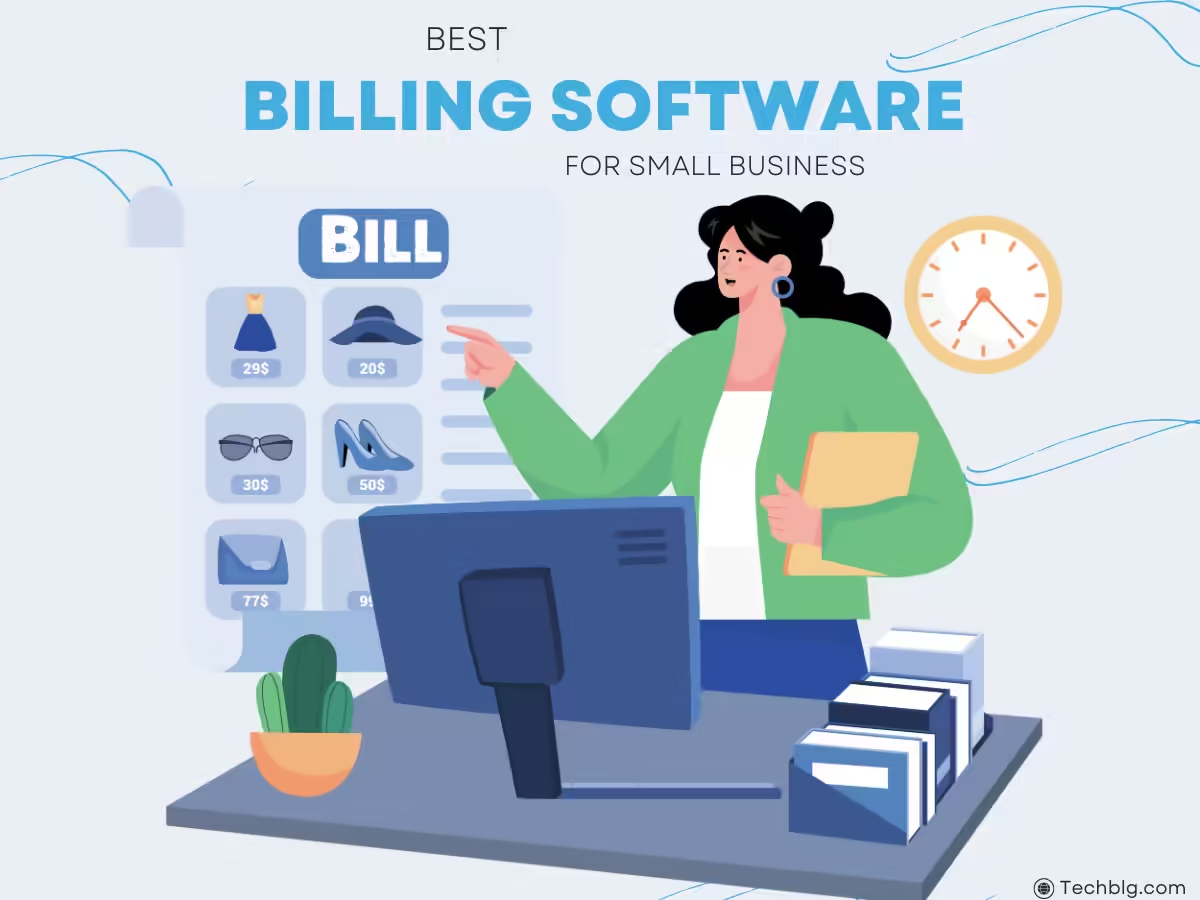
Leave a Reply